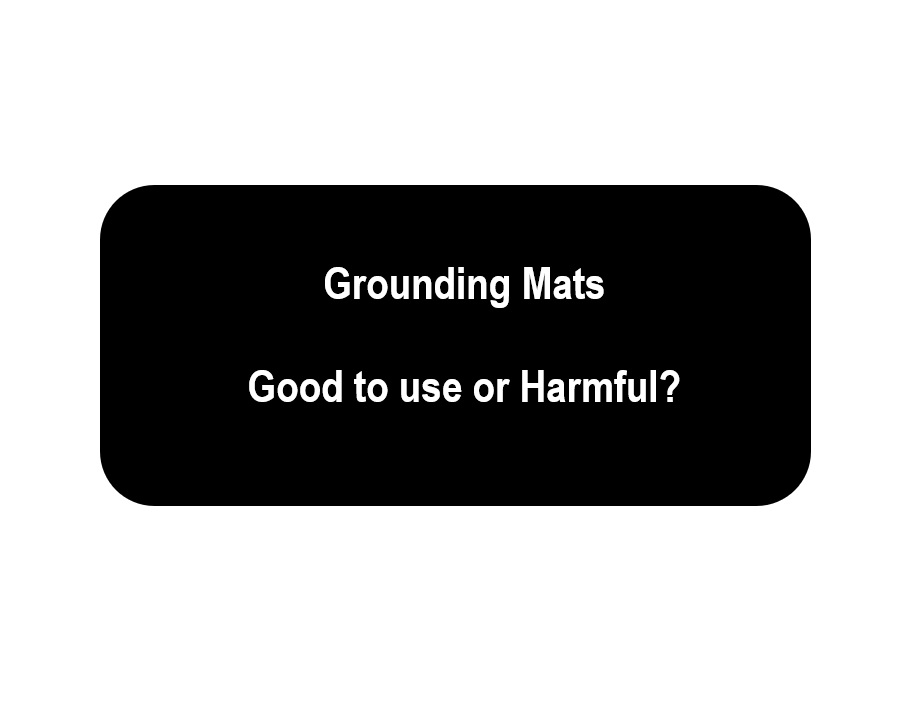

Here’s a great article about Grounding that is very much in line with what the President of EMF Solutions’ teaches. It is based on common sense and a little electrical science. Moreover, it tells you when you SHOULD and SHOULD NOT ground (or use “earthing” products).
Is it good to earth oneself? In the author’s opinion, earthing is not recommended in environments with a lot of unshielded, ungrounded electricity, but it can be helpful in the outdoors away from electricity. The following discussion will go into more about earthing and its potential dangers.
Whereas popular earthing books may advise you to take off your rubber sneakers so that you can ground yourself, popular DIY guides to wiring actually advise the opposite. Why? Because when working with electricity, wearing rubber sneakers provides insulation against potential shock. From a safety standpoint, you want to avoid becoming part of the circuit when you are handling a live wire. By grounding yourself, you may become a target of electrical fields that are looking for the path of least resistance back to the ground (through you), and run the risk of a shock.
10 Precautions for EMF Safety (PDF)
On the other hand, there are applications where grounding yourself is said to be desirable. For example, when working with electronics, grounding oneself can prevent one from damaging electronics via static electricity that one might get from walking on a carpet.
So what is the verdict– is grounding dangerous or beneficial to human health? Perhaps, if you’ll excuse the pun, there could be a middle ground — there are times to ground and times not to ground.
When NOT to Ground Oneself: When there is a lot of unshielded, ungrounded electricity around you, there is a risk that in grounding yourself, your body may provide the shortest pathway to the ground, i.e., the path of least resistance.
When to Ground Oneself: Grounding yourself is potentially beneficial when there is little electricity around you, such as outside on the bare earth, away from external sources of EMFs.
Grounding appliances such as a lamp or laptop with a 2-pin plug directly to the earth is potentially beneficial, so they do not interfere with one’s electrical system (in the same way that one grounds oneself to avoid interference with sensitive electronics).
Earthing mats that plug into electrical outlets may also increase the risk of exposure to voltages and intermediate frequencies, which may be induced on the grounding cable. A body voltage meter and AM radio can be used to test for voltage and intermediate frequency noise.
While there may be some benefits to grounding, it may be wise to avoid grounding oneself in high-voltage environments where one may become a transit for the grounding path. A better idea may be to unplug or ground the electrical appliances that contribute to high voltages and turn off unnecessary circuit breakers. By grounding electronics with 2-pin plugs in our vicinity, we may reduce the damage to the biological systems that respond to EMF.
Learn how to ground electrical appliances and how unplug devices and turn off unnecessary circuit breakers. See also Create Healthy Homes’ commentary on Earthing Pads.
For warnings on body voltage, see Power frequency Protection for you and your family
For warnings on grounding pads, see Caution, Grounding Pads and Sheets

Contact us regarding any concerns or inquiries.
"*" indicates required fields